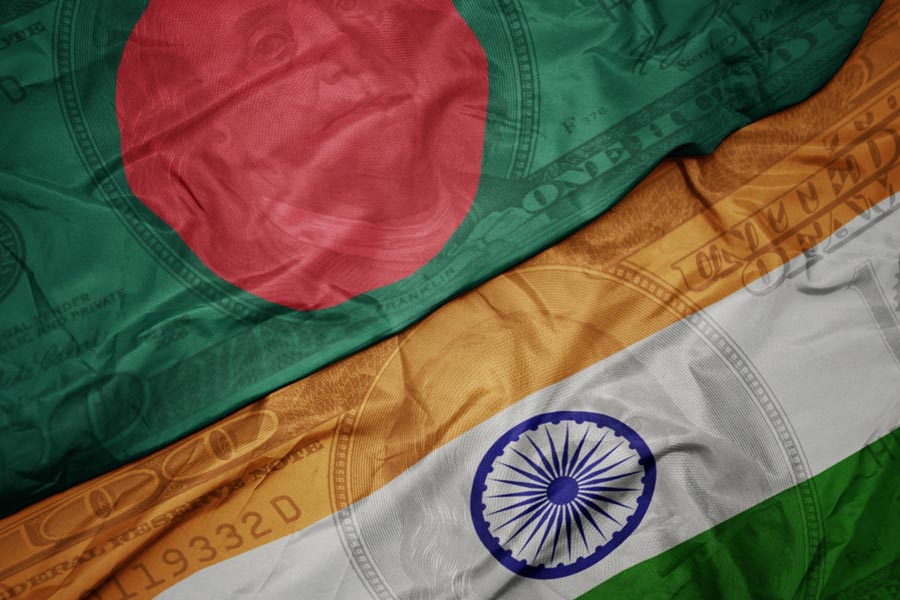India has emerged among top countries with high income and wealth inequality but the share of the population living in multidimensional poverty fell from 25 to 15 per cent between 2015-16 and 2019-21, the UNDP said in a new report.
The 2024 Asia-Pacific Human Development Report, launched on Monday, paints a qualified picture of long-term progress but also persistent disparity and widespread disruption, foreseeing a turbulent development landscape and urgently calling for new directions to boost human development.
In India, between 2000 and 2022, per capita income soared from USD 442 to USD 2,389. Whereas, between 2004 and 2019, poverty rates (based on the international poverty measure of USD 2.15 per day) plummeted from 40 to 10 per cent.
Titled ‘Making our Future: New Directions for Human Development in Asia and the Pacific’, the new report argues that unmet aspirations, heightened human insecurity, and a potentially more turbulent future create an urgent need for change.
Moreover, between 2015-16 and 2019-21, the share of the population living in multidimensional poverty fell from 25 to 15 per cent.
Despite these successes, poverty remains persistently concentrated in states that are home to 45 per cent of the country's population but contain 62 per cent of its poor, the report pointed out.
“In addition, many other people are very vulnerable, hovering just above the poverty line. The groups at greater risk of falling back into poverty include women, informal workers, and inter-state migrants,” the United Nations Development Programme (UNDP) said in its report.
Noting that women are only 23 per cent of the labour force, the report said that amidst rapid growth but persistent disparity, the income distribution has become more skewed.
“There is growing evidence of a strong rise in wealth inequality, mainly in the post-2000 period,” it said.
The report also pointed out that India is contributing significantly to the growth in the global middle class-encompassing those living between USD 12 and USD 120 a day. India is expected to contribute 24 per cent to the global middle-class growth (192 million people), it said.
While the Asia-Pacific region will account for two-thirds of global economic growth this year, income and wealth disparities are worsening, particularly in South Asia, where the wealthiest 10 per cent control over half of total income, the report said.
More than 185 million people continue to live in extreme poverty -- earning below USD 2.15 a day -- a number that is expected to climb higher following the economic shocks of the COVID-19 pandemic, the report said.
“The report underscores that to overcome existing challenges, we must prioritise investments in human development, with an understanding that each nation will tailor its own pathways to do so,” said Kanni Wignaraja, UN Assistant Secretary-General and UNDP's Regional Director for Asia and the Pacific.
“By fostering a people-first policy and smart growth strategies that put a high value on natural assets, we can pave the way for a future that is not only more secure and peaceful but also sustainable and prosperous for many millions more,” Wignaraja said.
To bring about that change, the report calls for three new directions in human development -- put people at the heart of development, recalibrate growth strategies to generate more jobs and respect the environment, and lastly focus relentlessly on the politics of reform and the science of delivery to turn ideas into practice.
Except for the headline, this story has not been edited by The Telegraph Online staff and has been published from a syndicated feed.











